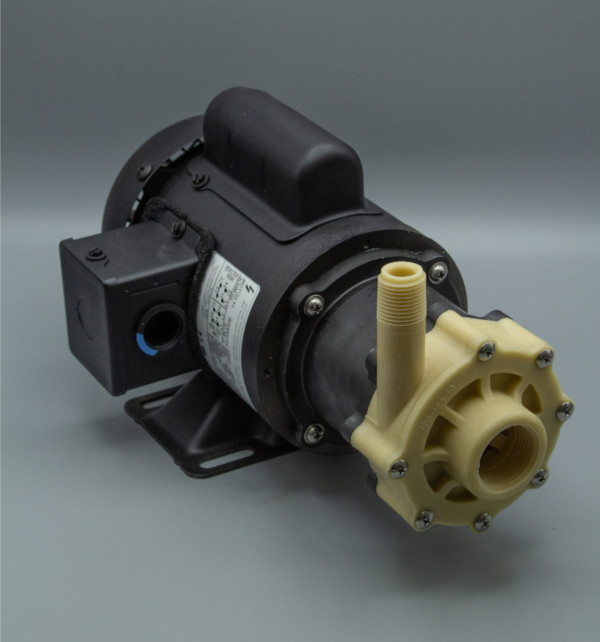Man, dealing with hydrochloric acid, that stuff is no joke. It’s super corrosive, so you gotta be extra careful with it. I had this project where I needed to transfer a bunch of it, and let me tell you, finding the right pump was a real headache. You can’t just use any old pump, it has to be able to handle the acid without falling apart.

First, I started looking into the whole material thing. I mean, you wouldn’t use a paper straw for a milkshake, right? Same idea here. Some folks online were saying that stainless steel pumps work okay for some hydrochloric acid situations, especially if it’s really strong or hot. Then there’s this other stuff called Hastelloy, which is apparently even tougher against corrosion. Sounds fancy, huh? They said it’s good for really, really strong acid and high temperatures.
I also learned that the most common type of pump for chemicals is something called a centrifugal pump. I guess the name makes sense – it uses this spinning thing, an impeller they call it, to move the liquid. Like when you swing a bucket of water around and the water doesn’t fall out, only in this case it is harmful to humans.
So Many Choices…
- There are all these different pump types like AODD pumps.
- Some companies specialize in these pumps, offering a range from 50 to 1200 LPM. I guess that’s liters per minute?
- PTFE, Viton, PVDF, Kalrez, ceramic/silicon – all these materials came up as being good for handling hydrochloric acid.
If it is just regular hydrochloric acid at room temperature, I found out you can use a centrifugal pump without seals, and it’s magnetic. It should be made of these special plastics, Polypropylene or Kynar, with an encapsulated impeller and some kind of bushing made of carbon or something called Mica Teflon. Sounds complicated, but I guess it keeps the acid from eating through the pump.
After digging around some more, I found this company, AxFlow. They seem to really know their stuff when it comes to hydrochloric acid pumps. It makes sense, you’d want a pump that’s specifically designed for this kind of nasty chemical.
Oh, and get this, there’s another company, Walchem, that makes pumps for really precise dosing of hydrochloric acid. I guess that’s important if you’re making medicines or other special chemicals. You need to get the amount of acid just right.
Ended up finding a pump that seems to fit the bill. It wasn’t cheap, but hey, safety first, right? Plus, I figured it’s better to invest in a good pump than to deal with leaks or spills. That would be a nightmare.
One last thing I found out, and this is kind of gross, but apparently hydrochloric acid can break down nucleoproteins into nucleic acids and proteins. And get this – it can even kill plants! No wonder you gotta be so careful with this stuff.
The project’s done now, and everything went smoothly, thank goodness. But man, that was a learning experience. Next time I deal with hydrochloric acid, I’ll definitely know what kind of pump to use.

